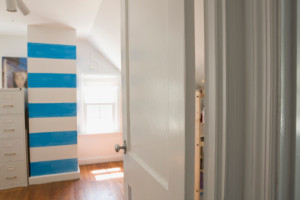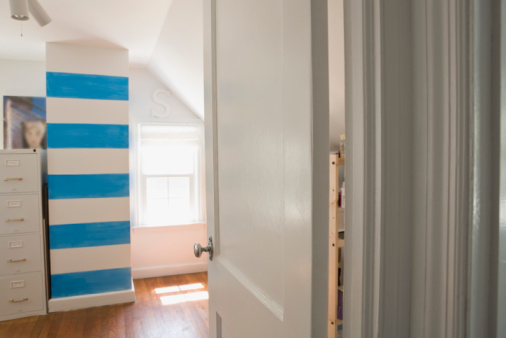 If you want some extra income then renting out a room could be worth considering. It’s not difficult to do, and it could turn an unused asset into cold, hard cash. Better still you could make an extra £4,250 every year from just one room this way… and not have to pay a penny in tax!
If you want some extra income then renting out a room could be worth considering. It’s not difficult to do, and it could turn an unused asset into cold, hard cash. Better still you could make an extra £4,250 every year from just one room this way… and not have to pay a penny in tax!
What You Need To Know About Taking a Lodger
Here are some tips and advice to help you turn that spare room into money:
* Think it through carefully. You’ll be taking a stranger into your home. Will that really suit you and everyone else in your family – and will a potential lodger want to live with you?
But here’s something you might not realise:
There’s lots of demand for rooms from people working away Monday-Friday or students who only want accommodation in term time. If you don’t want to share your home 24/7 you can aim your room at those kinds of lodgers. Then you’ll be able to have your home to yourself at weekends and during the long university vacations. (You can even ask your lodger to pay you a retainer when the room is empty if they want you to keep it for them – and so get paid for an empty room!)
* The more facilities you can offer, the more money you’ll make – and the better tenant you’ll get. If you can offer your lodger meals, laundry, private parking and so on you can charge a lot more. If you can provide your lodger with their own bathroom and maybe even a kitchenette you can almost charge as much as a studio flat for very little outlay – and you’ll be able to choose the very best lodgers.
If you’ve got a large enough room and are prepared to consider couples then that’s another way of widening the market and increasing your rent.
* Be willing to invest a little in your room. ‘Rising Damp’ type accommodation won’t earn you very much money. And good tenants paying good money expect a decent standard of accommodation.
Your room should ideally have: Adequate space. Good neutral décor and furnishings. A decent quality mattress on the bed. A comfortable easy chair. Adequate wardrobe space. Good lighting. Good heating. Better still if you can offer: a desk with chair. Broadband access. Flatscreen TV. Iron and ironing board.
* Promote your property properly, to achieve the best rent. Window cards and small ads. won’t find you the best tenant, nor the best price. There are now lots of websites where you can advertise for a lodger such as Spareroom.com. However, here are a two good FREE methods: Contact local companies who have a lot of temporary workers, or employees attending for training or courses. They might rent your room and pay you whether it’s occupied full time or not. Student accommodation offices can also promote your room to students – postgraduate students in particular often make very good lodgers.
How much you can charge for your room will depend not only on quality but where you’re located and, often, proximity to bus/train services and major roads – so be sure to push that in your ad. if you have good transport links.
* Always meet your prospective lodger in person before offering them your room. There’s nothing to say you have to take anyone into your home unless you’re entirely comfortable with them. Even better if you get on well. If you’re unsure at first, suggest a fixed trial period to see how things go. It’s something that could suit both landlord and lodger and that way everyone will know where they stand.
* What about tax and renting a room? If the rent you charge on your room is less than £4,250 a year (about £81 a week) then, under the Rent A Room scheme, you don’t need to pay any income tax on your rental income at all. If your rent adds up to more than this you will have to pay tax on it …. but you can also claim tax allowances for wear and tear, insurance, repairs, heating and lighting and so on. So do some calculations before you start, and work out which is best for you.
* A couple more bits of red tape to bear in mind. If you have a mortgage you ought to ask your bank or building society if it’s OK to have a lodger. Most won’t object. If you rent your home whether you can take in a guest depends on the terms of your tenancy. You also ought to check with your home insurance company – although most home polices allow you to have a lodger.

